Our IVF Treatment Process at Vita Altera Cyprus IVF Center


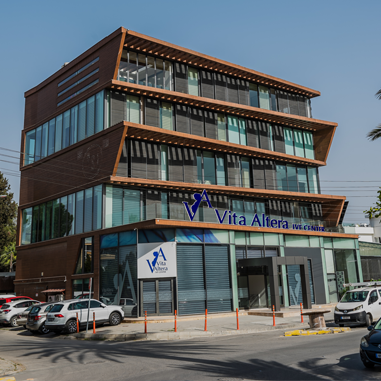
Comprehensive Initial Consultation
We begin by conducting a thorough assessment of your fertility goals and medical background. This includes reviewing test results (e.g., hormonal panels, ultrasound scans) and discussing any concerns or history of previous treatments. During this phase:
- Medical Workup: We ensure your medical history is fully documented, and we identify any potential factors influencing conception.
- Individualized Plan: Our fertility specialists create a tailored protocol, which may include ovarian stimulation, donor options, or additional genetic testing if required.


Pre-Treatment Preparation
Before starting medication, we provide a detailed treatment calendar so you can plan for appointments, lab work, and medication scheduling. Depending on your case, this may involve:
- Hormone Analysis: Additional blood tests or scans to confirm baseline hormone levels.
- Lifestyle Guidance: Recommendations on nutrition, exercise, or supplements that may support optimal fertility outcomes.
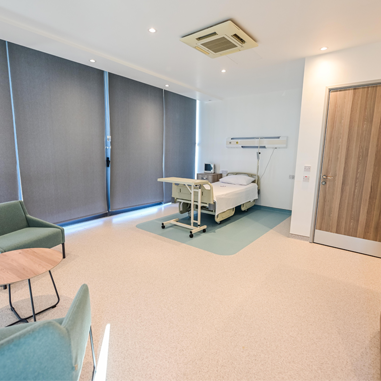


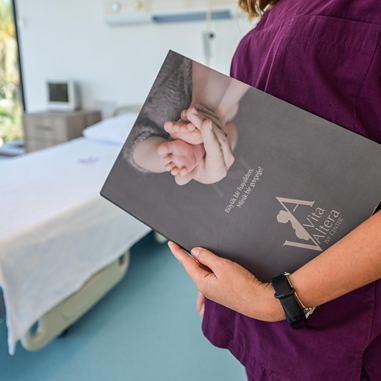
Ovarian Stimulation & Monitoring
Using personalized medication regimens, we stimulate the ovaries to produce multiple eggs. Throughout this stage:
- Regular Scans & Blood Tests: We frequently monitor follicle development and hormone levels, adjusting medication dosage as necessary.
- Trigger Injection: Once follicles reach the desired maturity, we administer a final injection to prompt egg maturation at the right time.


Egg Retrieval
The egg collection procedure is performed under mild sedation, ensuring minimal discomfort. A fine needle guided by ultrasound collects mature eggs from the stimulated follicles. Key points:
- Short Procedure: Typically finished within 15–20 minutes.
- Recovery: You can rest for a brief period before leaving the clinic, returning to most normal activities by the following day.
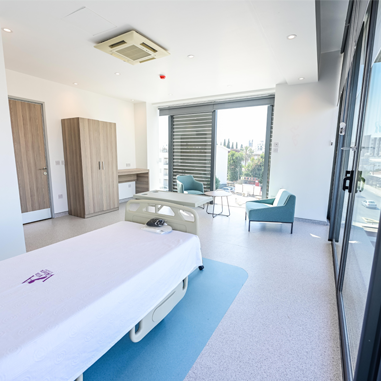



Fertilization in Our Laboratory
Immediately after retrieval, your eggs are transferred to our embryology laboratory. Depending on factors like sperm health and personal preference, one of two main fertilization methods is chosen:
- Conventional IVF: Eggs and sperm are combined in a dish to fertilize naturally.
- ICSI (Intracytoplasmic Sperm Injection): A single healthy sperm is injected directly into each egg, often beneficial for male-factor infertility or limited sperm counts.


Embryo Cultivation & Assessment
Fertilized eggs (embryos) develop in controlled incubators for three to five days. Our embryologists carefully track each embryo’s growth and quality:
- Daily Observations: We evaluate cell division rates, morphology, and other developmental indicators.
- Potential Blastocyst Culture: If needed, embryos may continue to Day 5 or 6 for blastocyst transfer, offering higher implantation odds.




Embryo Transfer
Once we identify the highest-quality embryo(s), they are gently placed into the uterus using a thin catheter. The procedure is quick, minimally invasive, and typically painless:
- Number of Embryos: Depending on individual circumstances (e.g., embryo quality, maternal age), we usually transfer one or two to reduce the risk of multiples.
- Post-Transfer Rest: You may rest briefly afterward, although extensive bed rest is generally not required.


Optional Embryo Freezing
Any remaining embryos of good quality can be cryopreserved (vitrified) for future use—especially useful if you wish to attempt another pregnancy later or prefer to avoid another full stimulation cycle.



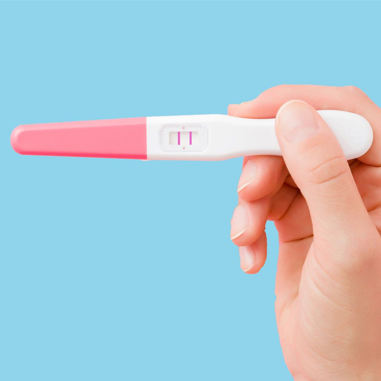
Pregnancy Test & Follow-Up
About 10 to 14 days post-transfer, a blood test (beta-hCG) confirms whether implantation has occurred. Should the result be positive:
- Prenatal Guidance: Our team provides comprehensive advice on maintaining a healthy pregnancy, often coordinating continued care with local healthcare providers if you live abroad.
- Further Support: If the test is negative, we arrange a consultation to review the cycle, discuss any issues, and plan adjustments for a future attempt.

